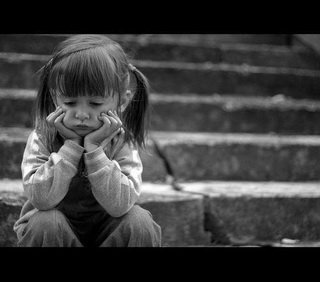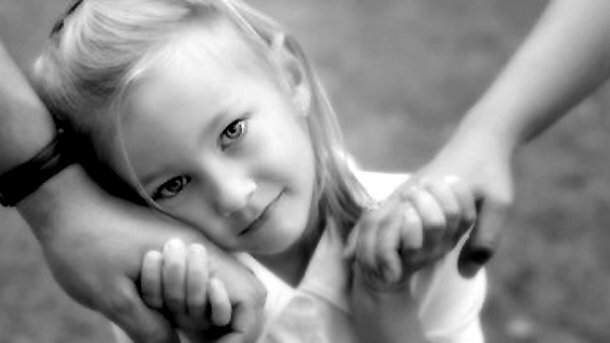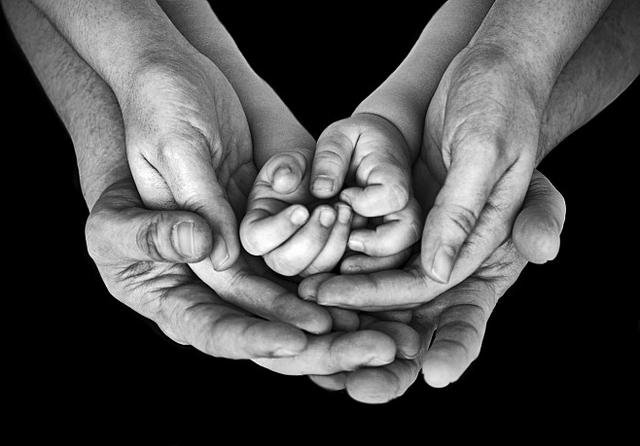
" i sent my soul through the invisible,
Somme letter of that After-life to spell:
And by and by my Soul return'd to me,
And answer'd: I Myself am Heav'n and Hell"
-Omar Khayyam
I decided to start with this wonderful quote ...
Do you think a person is either good or bad or maybe both?
I thing the answer: "...And answer'd: I Myself am Heav'n and Hell".
In my opinion, in each of us there is a good side and a bad one, the difference is in what choice we make.
Those who are not close to psychotherapy, often it seems that customers complain a lot about their loved ones and especially about the parents to the therapist.
This is certainly not the case.
One of the reasons is that there are no "parents" in the therapist's office.
These are just images, partly based on reality, which form part of the mental
world of any of us.
Our images can be filled with various meanings, and attitudes towards them
can be the most unsympathetic feelings.
No matter how strange it seems to you that I will say now, but it's true.
Our parents are also the reason why we were born, and the first to take frustration into our lives, and we into the lives of our children.
Think about it for a minute ..
Sometimes we do it in order to protect them, but we will still upset them in their children's concept.

There is certainly one way to never upset your child - Never have children.
For this reason even the most "ideal" parents will necessarily correspond to - not all expectations of the child.
As it is not strange there is such a paradox: the less the child had a sense of security and emotional attachment in relations with his parents, the more often the client-this child "sews up" his parents and their relationship with them.
Almost every second song of prisoners - about the mother. These songs, the fruit of creativity on this is hardly written about a real mother - in the songs fantasies fade about what, most likely, in life there never was.
Fictional reality is almost always better than real reality.
It is not due to laws and cause-and-effect relations.
Only one thing connects this fantasy with reality - every person had a mother.
If you take away this fictional world, deprived of a safe relationship in childhood, then a person does not have anything left at all.

Another paradox - the sooner, patients at the reception of a psychotherapist, patients at the reception of a therapist, open and admit a thought that behaving the most native people can bring pain, resentment, and dissection, the faster and more honestly, they recognize it and feel, the earlier there will be another image of the parents.
Already not idealized, not "holy" and not noble. The inviolability of this image is no longer necessary.
In an attempt to explain and justify the behavior of parents, comes human empathy, the familiar phrase: "they did everything they could."
After a person passes through the stages of denial, rage, anger, disagreement, depression, impotence, people come to acceptance.
Not expectedly, the images of parents cease to be flat, passed through the prism of disappointments or resentments, become voluminous and come to life.
In some cases, more complex, these images come to life in order to completely and finally lose their holiness.

Thus, the children who were in the orphanage, stop trying to find biological parents and finally turn their whole heart to the foster family.

Children who have been subjected to bullying in the past are finally beginning to believe that the problem of the Bwl is not that they were bad children, but only that, and only that they were children - unarmed and helpless before the power of criminal adults.
At this point they have the opportunity to understand and accept that the problem is not in parenting itself or the presence of children, but the free choice of an adult person, such as being near someone who has less power.
And understand that their parents made the wrong and criminal choice.
Sometimes you have to be very much afraid of the revived image of parents, in order to remember the horror that was experienced in childhood and finally "let go."
It takes time, a lot of patience, support and understanding to separate the child from this image, and so that he can say to himself: "I'm not afraid of you anymore, and I'm no longer afraid of being like you." I make my choice, and not when I will not be like you, and when I will not use violence against those who depend on me, I will protect them , Because I'm not you. "
